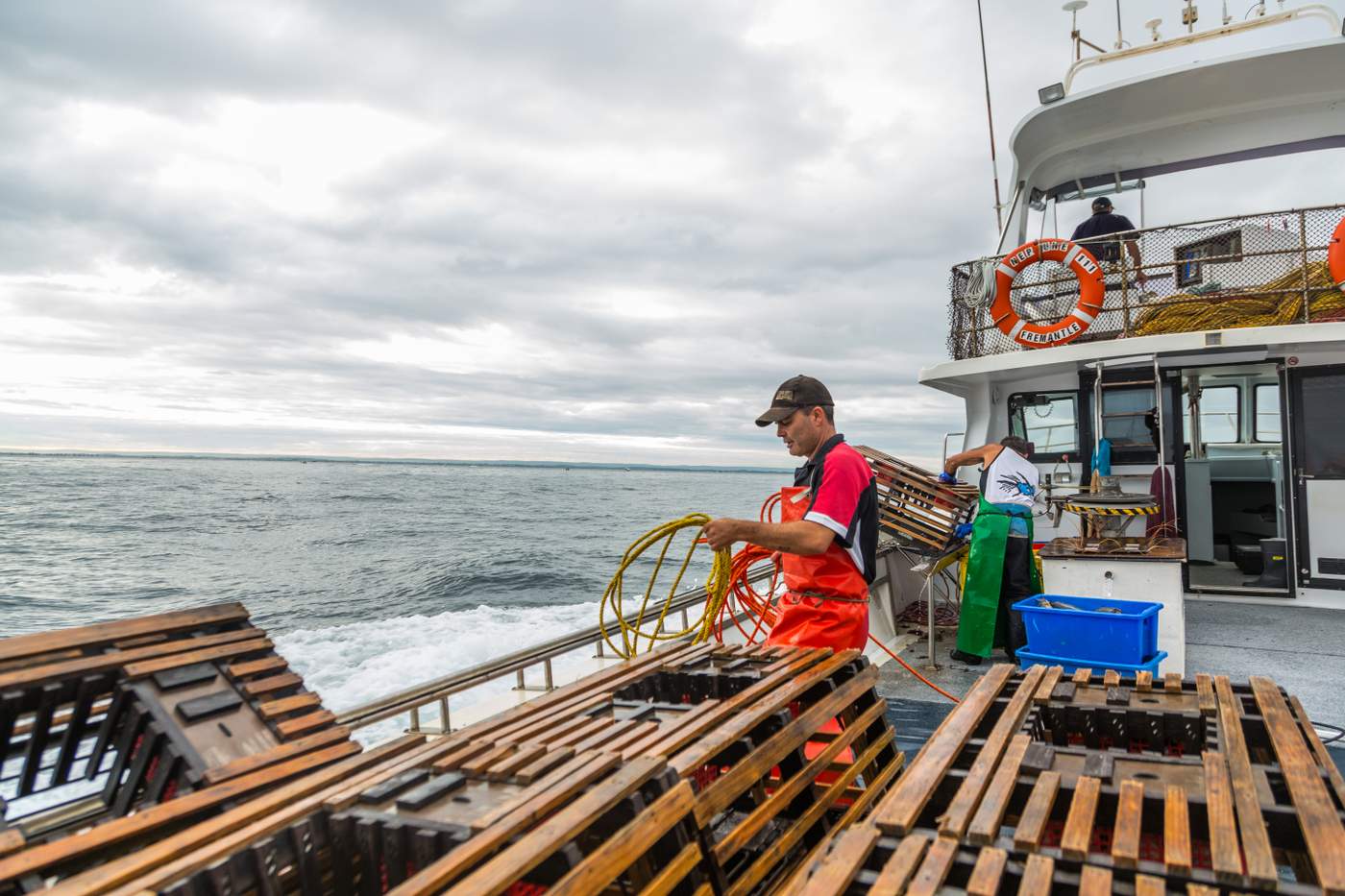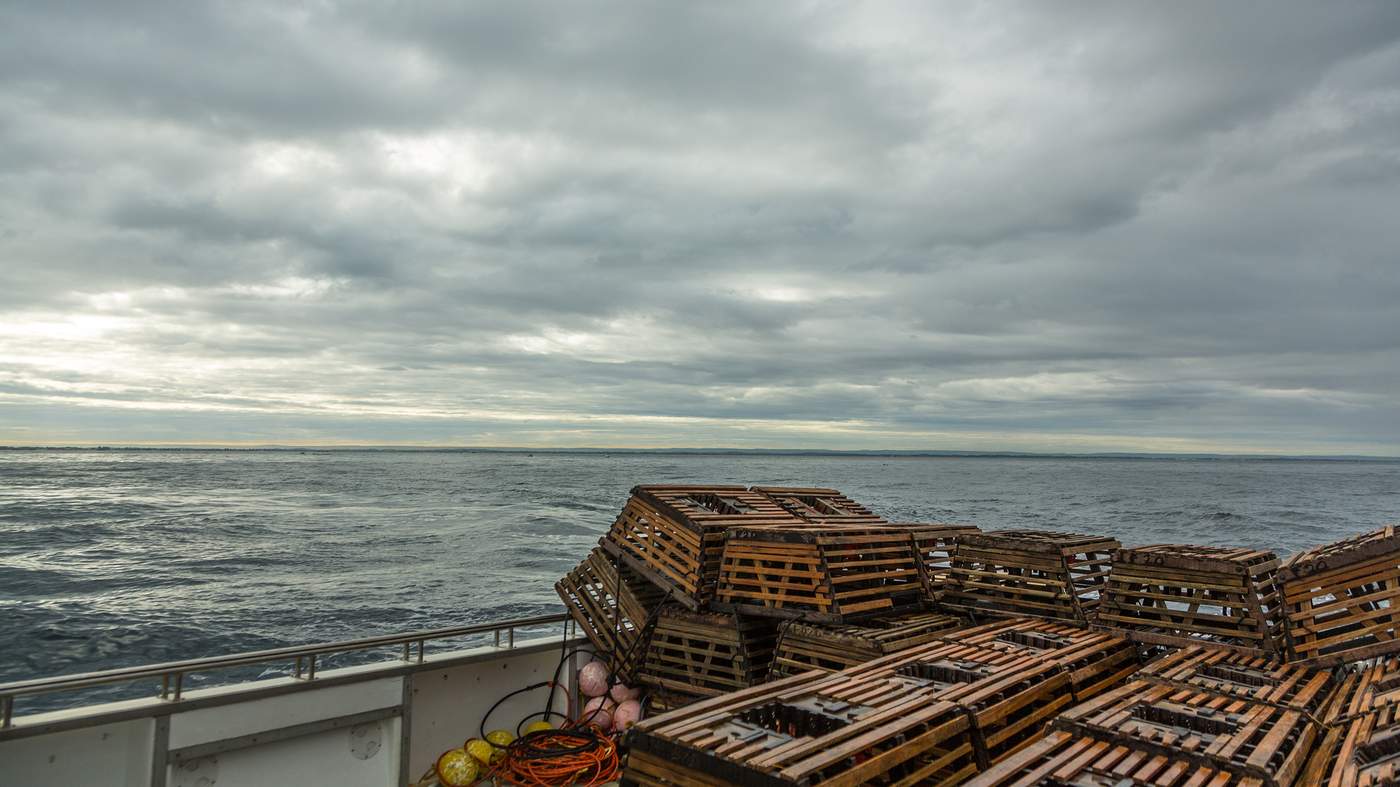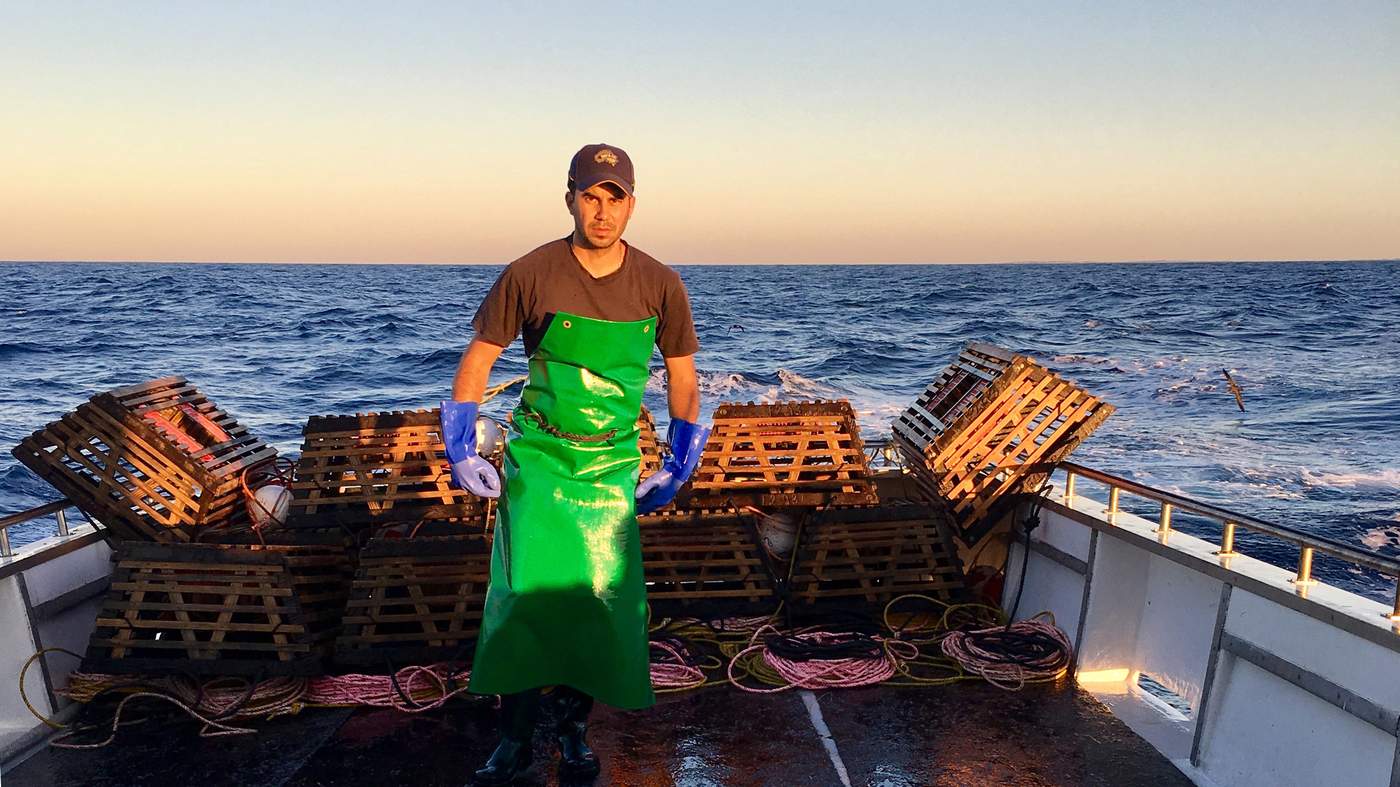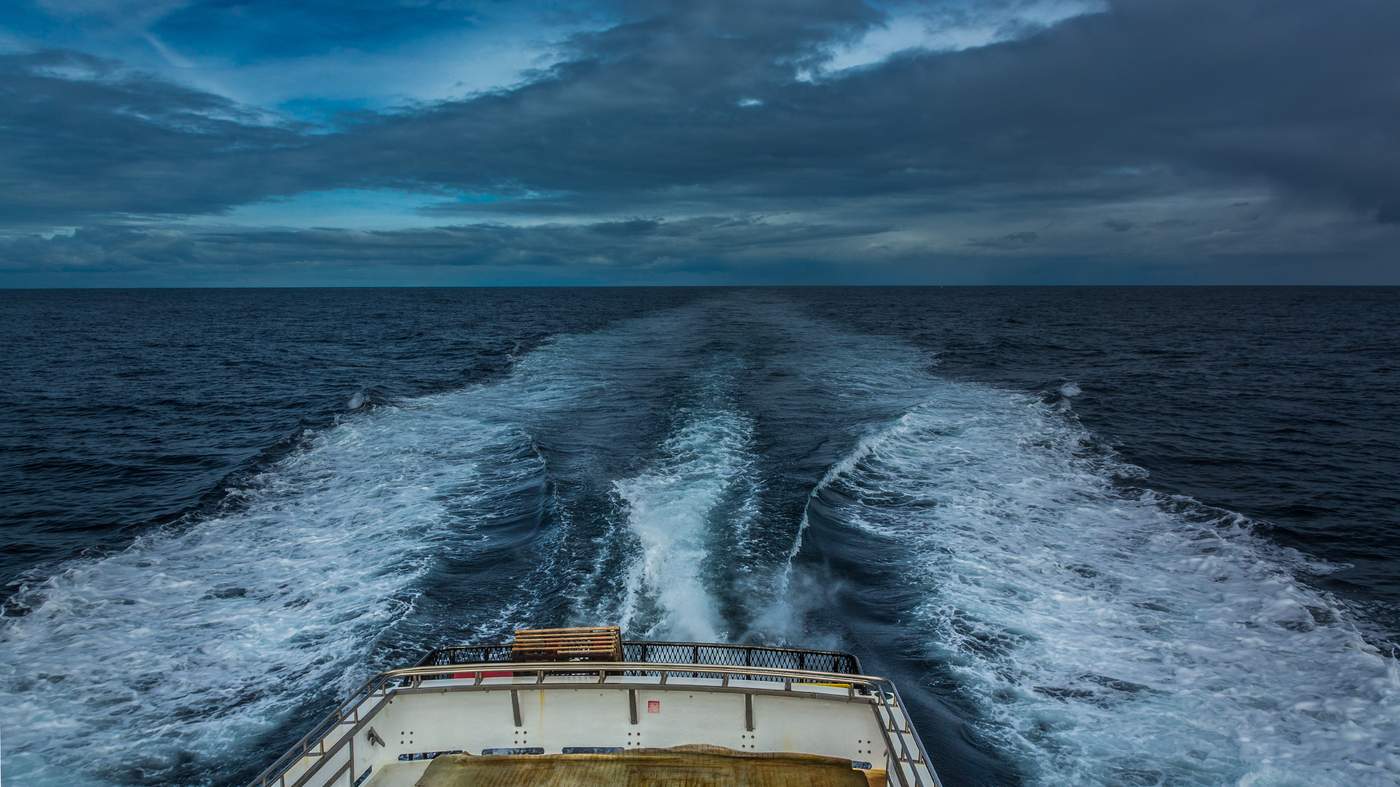Unusually for a commercial fisherman, James Paratore spends much of his week inside, unable to see the sky.
Saturday and Sunday are a different story, working on the family boat, with nothing more than his father, the fresh air and an empty horizon for company.
At weekends, James fishes rock lobster commercially in Western Australia (WA). The fishery, which stretches along the coast for 1000km from Cape Leeuwin in the South to Shark Bay in the North, has some 250 vessels catching rock lobster using pots and traps.
And during the week? He’s working in the local emergency department, on his path to becoming a medical doctor.
A historical landmark
The fishery where James works was the first in the world to achieve MSC certification in 2000, and has recently become the only fishery to have been re-certified four times.
Not only did it lead the way in recognising the potential value of MSC certification, it was praised for its courage for exposing its management practices to a third-party assessment. To honour the landmark occasion, events were held in London, Sydney and Boston and were attended by special guests including Her Majesty Queen Noor of Jordan and British-American chef Lloyd Grossman. At the time, the MSC's Fisheries Director Jonathan Peacey said:
“This is an exciting day. With the certification of the Western Australia Rock Lobster Fishery, the Marine Stewardship Council’s certification program is no longer just an exciting concept—it is fully operational”.
Swift action in the face of a near-crisis
A decade on from the certification, and the fishery was facing a near crisis, the response to which gave James the opportunity to return to medical school.
Each year, scientists predict the size of Western Australia’s rock lobster catch four years into the future by monitoring the number of larval lobster, or puerulus, within the fishery. In 2008, they discovered an alarming decline in puerulus numbers. It was to be the start of a three year period during which researchers were catching as few as one puerulus per collecting device, compared to a historical average of 100. While it remains unclear what caused the drop, swift action by the fishery addressed the situation before it was too late.
For Basil Lenzo, a third-generation Fremantle fisherman, and Vice Chair of Geraldton Fishermen’s Co-operative, the choice was stark.
“We decided that we had to either halve the catch and go to an output [catch quota] fishery or close the fishery for a year to allow stocks to rebuild. After a lot of consideration, we opted for the former.”
Taking control of their future
The market for rock lobster has also changed since 2000. Originally frozen and shipped to US markets, Western Australia’s rock lobster is now almost exclusively exported live to China where it achieves high profits as a much-prized delicacy.
The majority of lobster is sold through the Geraldton’s Fisherman’s Cooperative, established in 1950 by an handful of entrepreneurial fishers who wanted to remove the middleman from the lobster value chain and take control of their future. The cooperative, still 100% fisher owned, is now one of the largest rock lobster exporters in the world and handles 65% of WA’s rock lobster, having become certified against MSC’s traceability standard.
State-wide inspiration
In 2012, inspired by the fishery’s success, The Government of Western Australia provided $14.5m in funding to give all 47 WA fisheries the opportunity to undergo a pre-assessment against the MSC’s standard for sustainable fishing. As a result, the Exmouth Gulf Prawn, Shark Bay Prawn, Peel Harvey Blue Swimmer Crab, Peel Harvey Mullet, Deep Sea Crab and WA Abalone fisheries have since become MSC-certified. A further four fisheries are now undergoing full assessment and three more are due to join them soon. Following the success of MSC certification in the rock lobster fishery, Western Australia hopes to have every fishery certified within the next two decades.









